Historic Northern Ireland Education Summit

- Bridget Phillipson joined government ministers and officials from across the UK at the Education Ministerial Council, held for the first time in Northern Ireland.
- Joint visit with Northern Ireland Minister Fleur Anderson to promote social cohesion in Belfast.
- Education Secretary highlights that overcoming barriers to opportunities extend beyond borders.
The Secretary of State for Education Bridget Phillipson made a visit to Northern Ireland (20th – 21st November), where she participated in the UK Education Ministerial Council (UKEMC) in Lisburn, alongside ministers and senior officials from Scotland, Wales, and Northern Ireland.
While in Belfast, the Secretary of State had the opportunity to gain an insight into local issues around youth anti-social behaviour, child poverty and the importance of integrated education in Northern Ireland.
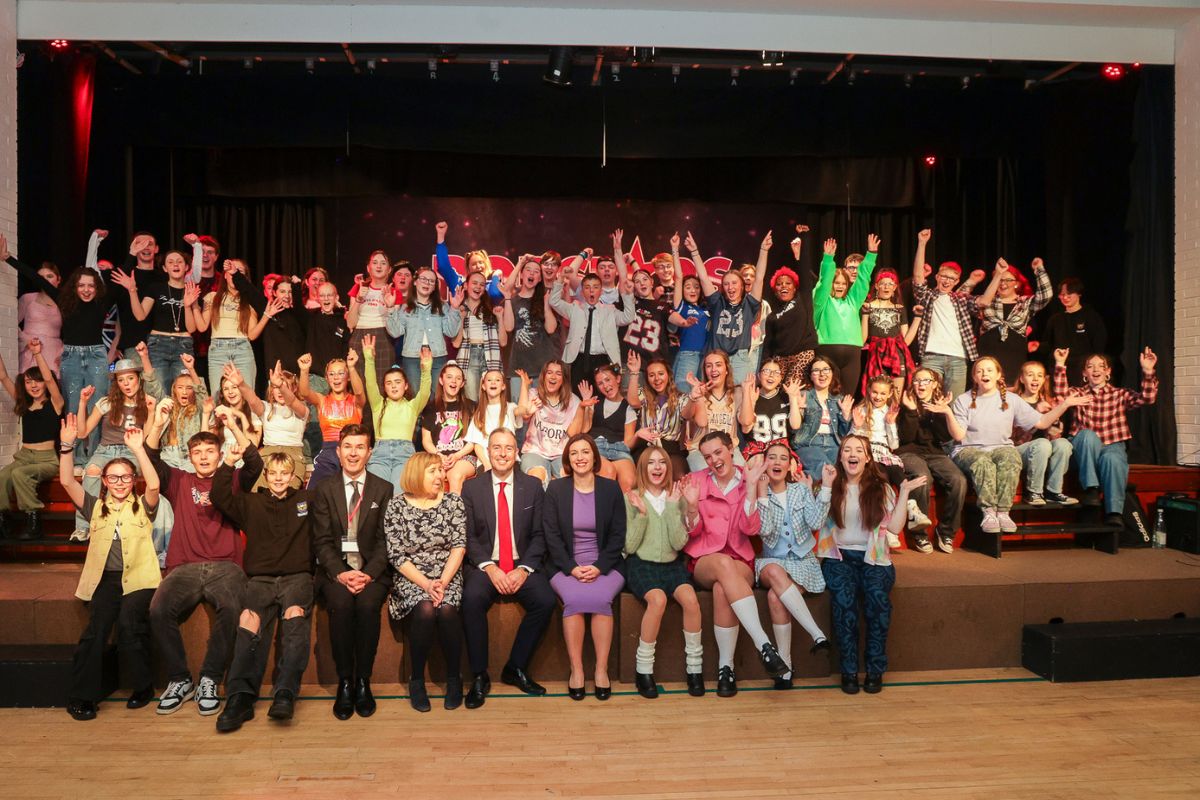
This was the first time the UKEMC was hosted in Northern Ireland and saw ministers discuss critical issues affecting the whole of the UK, including teacher recruitment and retention, as well as leadership development and learning for teachers.
The discussions allowed the Education Secretary and devolved governments to share experiences and strategies aimed at improving education outcomes for all students.
UK Secretary of State for Education Bridget Phillipson said:
“Delivering high-quality education and improving life chances for every young person, no matter where they live, is at the heart of this government’s mission to break down barriers to opportunity.
“To achieve this, we need to work with the devolved governments, including in Northern Ireland, for the good of Britain as a whole.
“Together we will work towards ensuring that every young person, no matter their background, is able to achieve and thrive.”
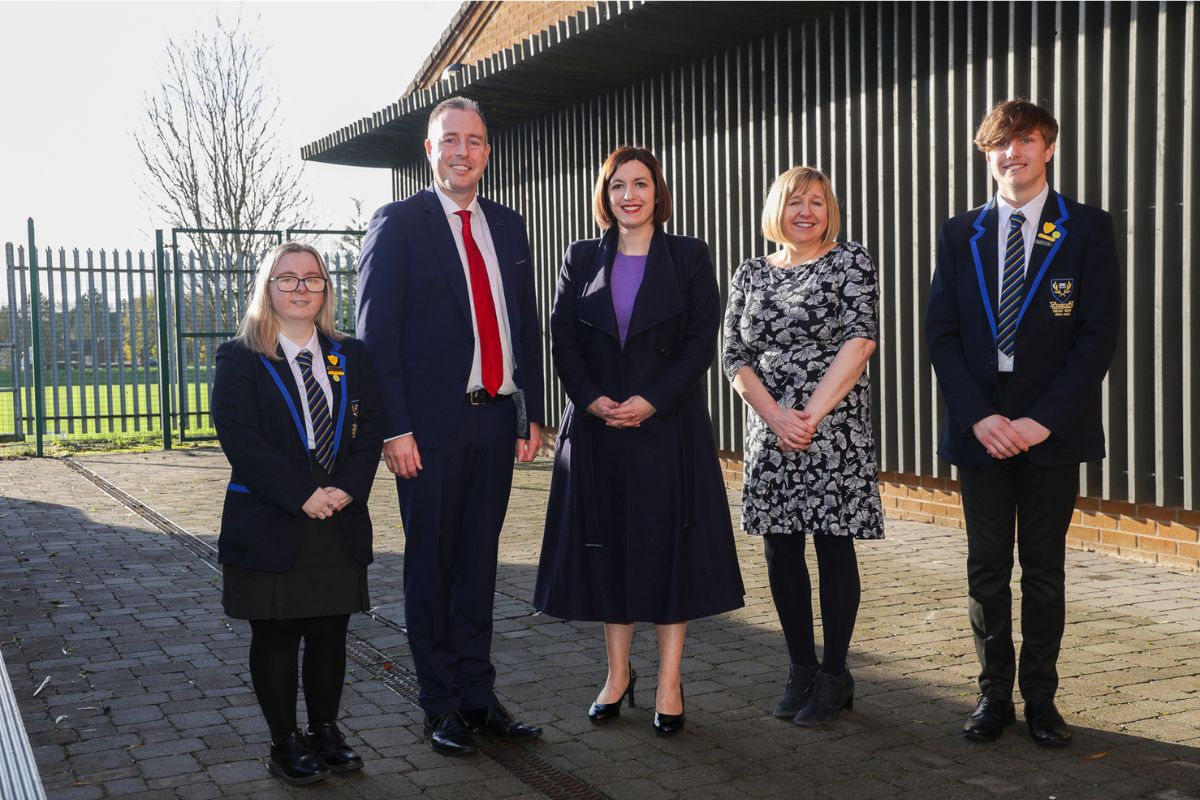
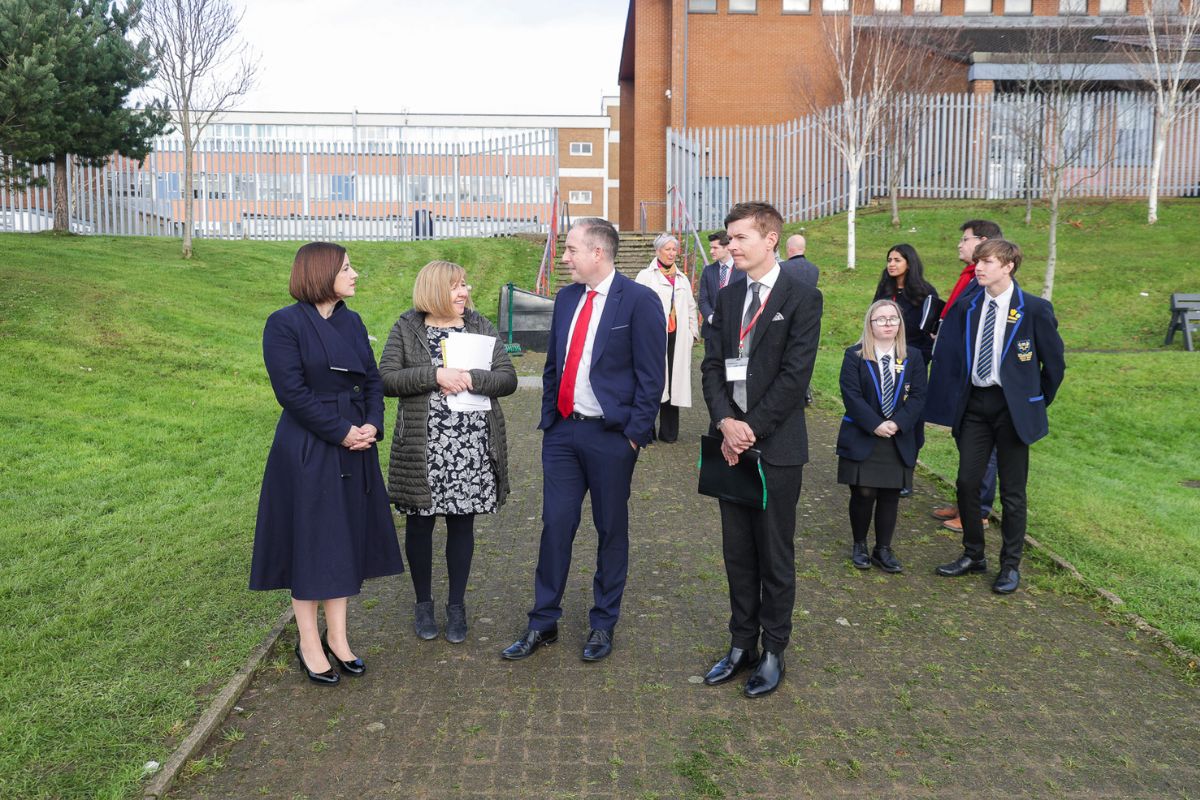
During the visit to Belfast, the Secretary of State joined Northern Ireland Minister Fleur Anderson, in meeting young people taking part in a programme to promote social cohesion across Northern Ireland.
The organisation, Springboard Opportunities, provides targeted support to young people from disadvantaged backgrounds at risk of becoming involved in anti-social behaviour and para-military activity, equipping them with the skills and qualifications they need to break down barriers to opportunity.
During their visit, the ministers heard firsthand how the programme has helped youngsters build the confidence and skills necessary to succeed in the workforce.
On the second day of her visit (21st November), the Education Secretary met students at South Eastern Regional College in Lisburn who have benefited from the Government’s Turing Scheme.
Through the scheme, students are funded to take up international study and work placements all over the world, which provide invaluable life skills and broaden career prospects.
The Education Secretary heard how transformative the scheme had been for students, some of whom had been given the opportunity to travel far as South Africa and Japan.
The Turing Scheme has been widely praised for its commitment to breaking down barriers to opportunity with more than half of the 43,000 opportunities offered this year going to participants from disadvantaged backgrounds.
Kenzie Seaton, a student at South Eastern Regional College said:
“My Turing Scheme experience in South Africa has had a lasting impact on me. I have massively improved my teamwork, organisation, communication skills as well as increasing my confidence and self-esteem.
“I now have an appreciation of the South African culture and the eco-tourism opportunities, something I did not consider before this placement.
“The experience was really beneficial for me and I will continue to benefit in the future.”
As the co-chair of the cross-government Child Poverty Taskforce, the Education Secretary visited a women’s centre in Lisburn, focused on providing important community and social support.
The Atlas Women’s Centre helps families with a range of services including cost-of-living support, where the Education Secretary met users of the service.
Whilst there she met with several key poverty organisations including Action for Children NI and Save the Children NI as the Taskforce brings in voices from across the UK to help inform the government’s strategy to tackling child poverty.
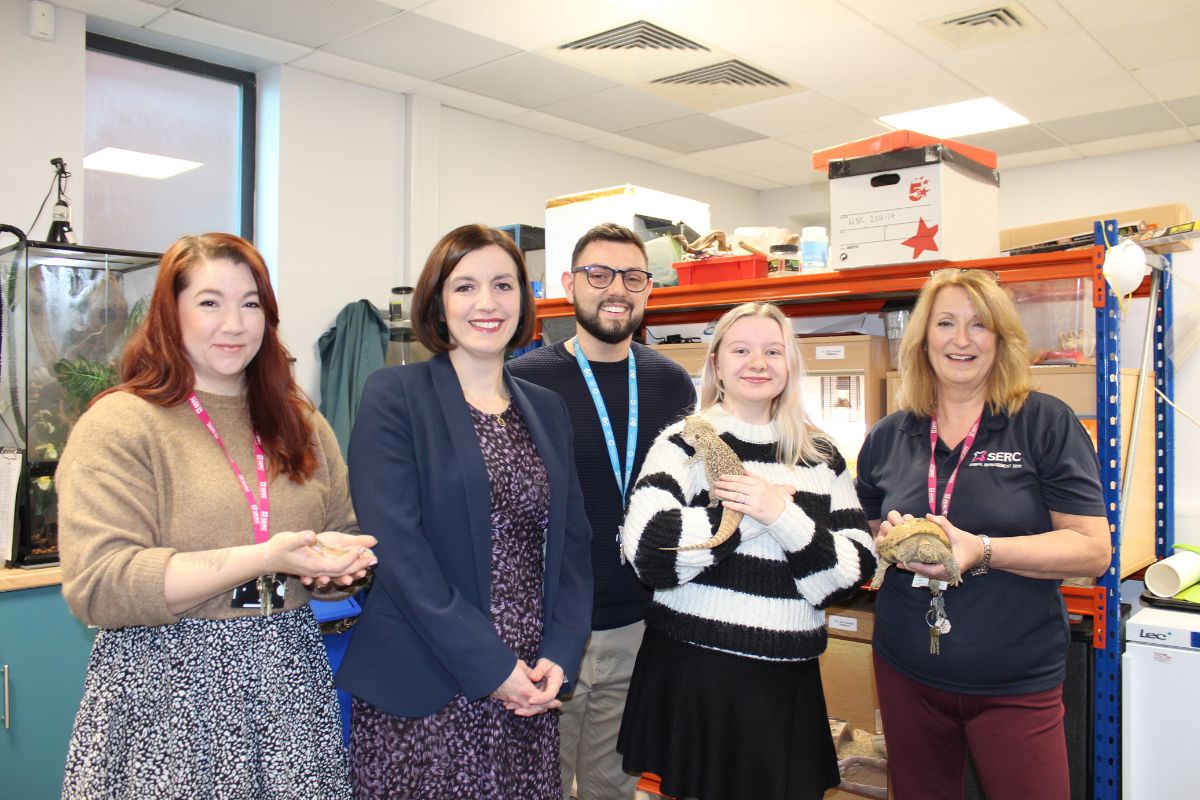
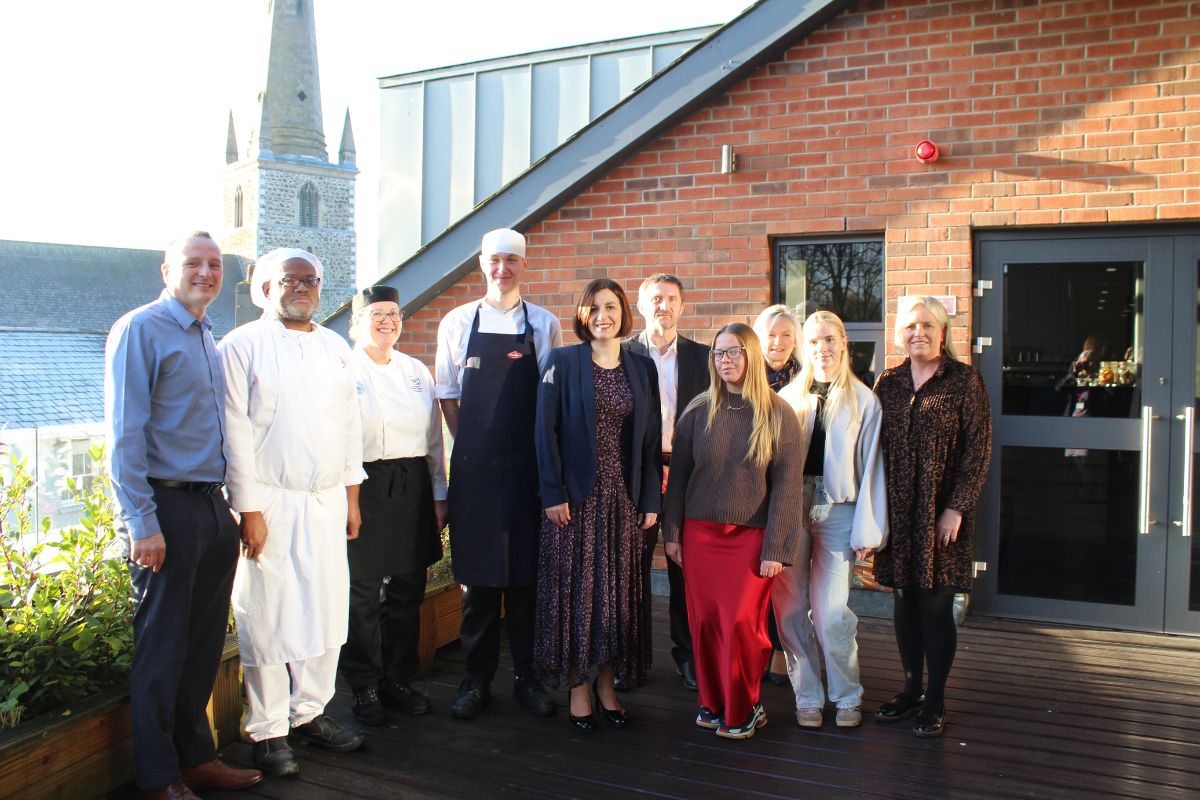
Gay Sherry-Bingham, the manager of the Atlas Women’s centre said:
“We were very happy to host this visit to discuss current approaches to tackling child poverty.
“Our visitors had had the opportunity to see, hear and feel the effects and impacts of women and children living in poverty and the vital, life changing support they receive within the women’s centres.
“The parents who attend the centre shared lived experiences and personal stories about hardship, hunger and hope for change, so every child has the opportunity to thrive.
Accompanied by Minister Anderson, The Education Secretary then paid a visit to Fort Hill College, a leading example of integrated education in Northern Ireland. They were welcomed by students, staff and an impressive performance from the primary choir.
At the College, children from different communities learn together in an environment that promotes inclusivity, respect, and understanding.
During the visit, Minister Phillipson met with students and staff to discuss how integrated education is developing and its aims to foster social cohesion.
Colin Millar the Principal at Fort Hill College said:
“This visit is a recognition of the value of Integrated Education within Northern Ireland, and the intentional learning from one another across our religions, cultures and beliefs, recognising and celebrating our differences.
“The deliberate choice of our pupils, parents, alongside supporting bodies such as IEF and NICIE give us daily hope of a society continuing to transform.”











Responses